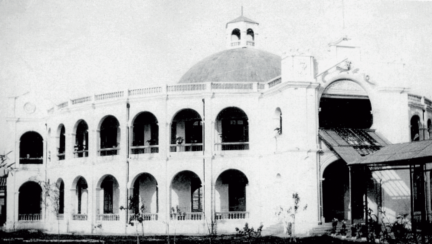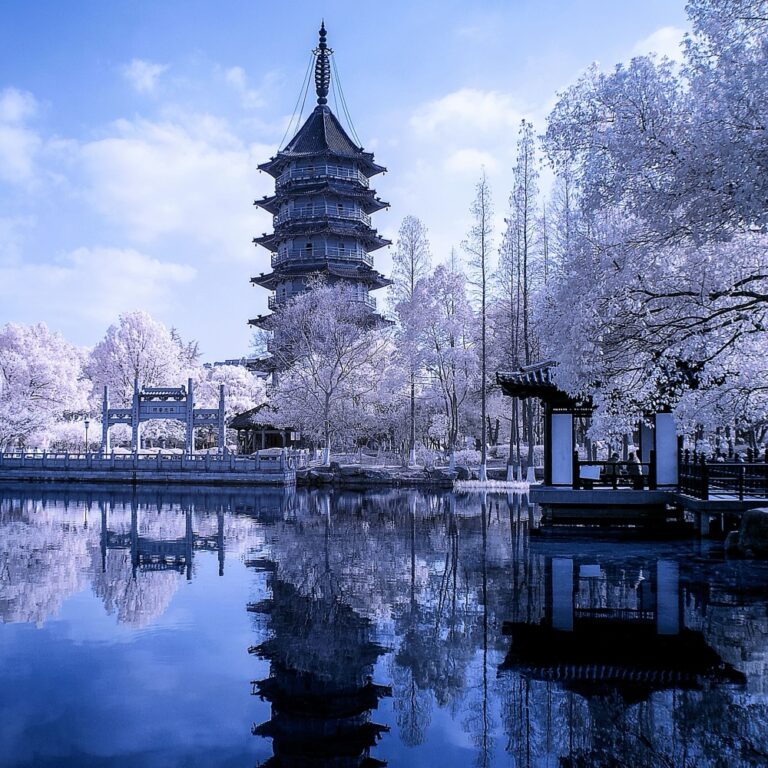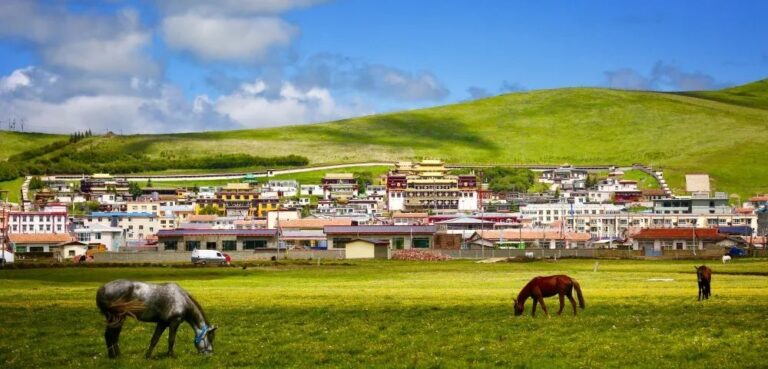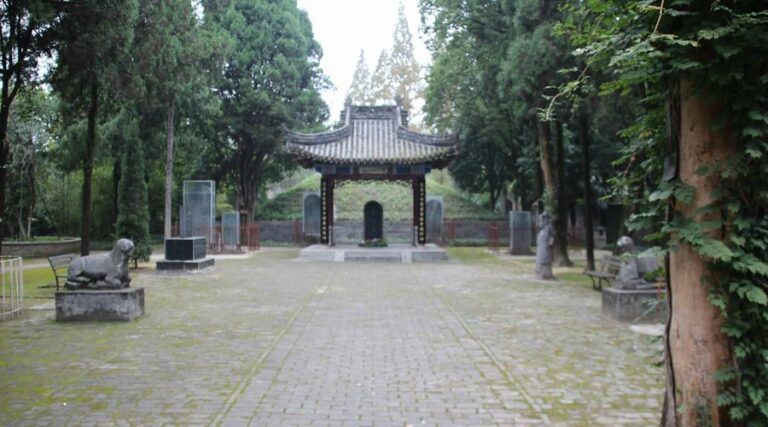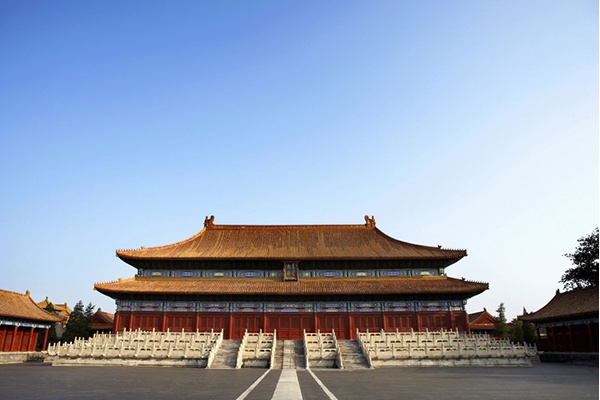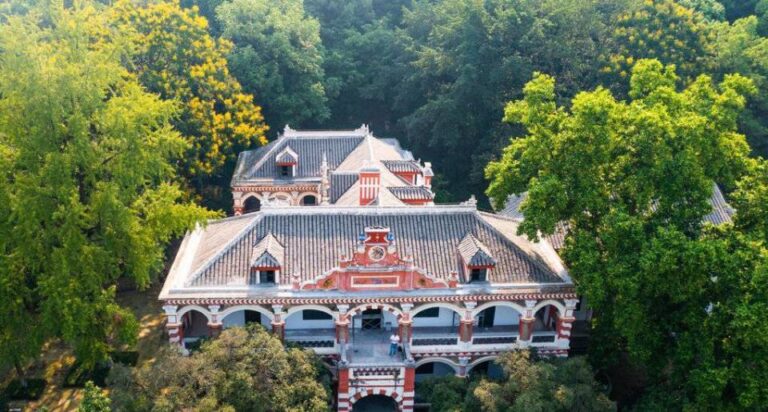Step Back in Time at Shijiazhuang Fuxitai Site: Essential Insights for Visitors
An Essential Guide to Visiting Shijiazhuang Fuxitai Site
In This Guide
- An Essential Guide to Visiting Shijiazhuang Fuxitai Site
- The Rich History of Shijiazhuang Fuxitai Site
- Main Highlights: What to See at Shijiazhuang Fuxitai Site
- Planning Your Visit: A Practical Guide
- Tickets, Hours, and Booking
- How to Get There
- Local Cuisine and Accommodation
- Frequently Asked Questions
- Final Thoughts on Your Trip
Nestled just a short drive from Shijiazhuang, the Shijiazhuang Fuxitai Site stands as a poignant testament to China’s rich historical tapestry. Often referred to as the “Holy Land of Fuxi,” this ancient site offers visitors an immersive journey into the heart of Chinese civilization, where myths and history intertwine seamlessly.
With origins dating back over 7,800 years, Fuxitai is not merely an archaeological site; it is a cultural cornerstone. It is believed to be the birthplace of Fuxi, one of the legendary Three Sovereigns of ancient China, who is revered as a cultural ancestor and credited with establishing the foundations of agriculture and civilization. The site encompasses a sprawling area of 151,875 square meters, dotted with remnants that provide valuable insights into the Neolithic era.
Visitors to Fuxitai can expect to encounter a captivating blend of natural beauty and ancient architecture, from the majestic temple structures adorned with intricate designs to serene landscapes that evoke a sense of timelessness. The central axis of the site features important buildings such as the Six Ancestors Hall and the Dragon Master Hall, each narrating stories of worship and cultural significance.
Beyond its historical significance, Fuxitai serves as a vibrant cultural hub, hosting annual festivals that attract scholars and tourists alike. These events celebrate Fuxi’s legacy through traditional performances, rituals, and interactive exhibitions, allowing visitors to engage deeply with the customs and traditions that have shaped this region for millennia.
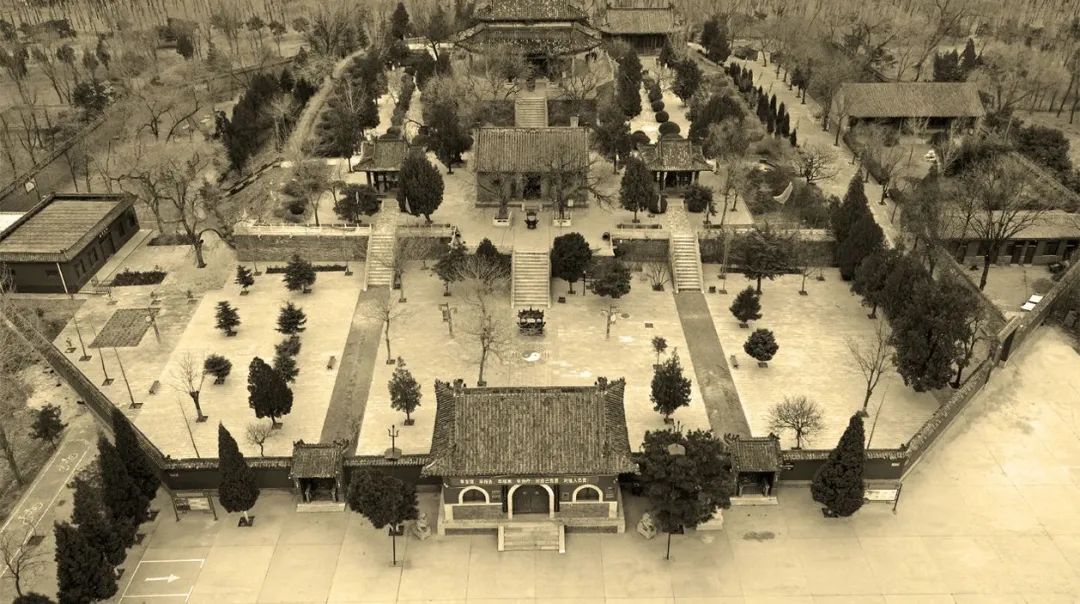
Shijiazhuang Fuxitai Site.
Whether you are a history enthusiast, a curious traveler, or someone seeking a spiritual connection to the past, Shijiazhuang Fuxitai invites you to explore its rich heritage and discover the enduring spirit of the Chinese civilization. Prepare to be enchanted by a place where every stone whispers tales of ancient wisdom and cultural pride.
The Rich History of Shijiazhuang Fuxitai Site
Nestled in the heart of Hebei province, the Shijiazhuang Fuxitai Site is a significant cultural landmark that offers a glimpse into the early foundations of Chinese civilization. This ancient site, dating back over 7,800 years, is not just an archaeological site but a testament to the rich tapestry of myths, history, and cultural evolution surrounding the legendary figure of Fuxi, one of the earliest ancestors of the Chinese people.
The Fuxitai, or Fuxi Platform, is believed to be a ceremonial site where the ancient Chinese revered Fuxi, who is often credited as a pivotal figure in the development of early Chinese society. Historical texts indicate that Fuxi was a leader of the Eastern Yi tribe, and he is traditionally regarded as the first of the Three Sovereigns, a trio of mythological rulers who taught the people essential skills such as agriculture and animal husbandry. According to lore, he was born in the region known today as Tianshui in Gansu province, spent his formative years in what is now Xinle, and was later buried in Henan province.
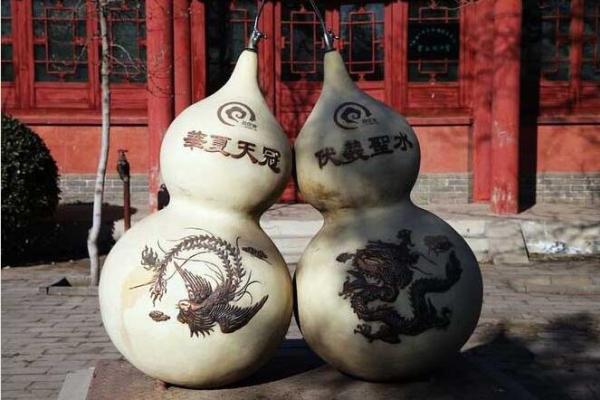
Shijiazhuang Fuxitai Site.
Significantly, the site gained prominence during the reign of Emperor Ku, who is said to have visited Fuxitai and, upon witnessing the legacy of Fuxi, ordered the construction of a temple to honor him and to gather the people for rituals and teachings. This reflects the site’s role as a center for cultural and spiritual gatherings, promoting unity and reverence for ancestral wisdom.
The Fuxitai’s architectural design is a marvel in itself. The structure consists of three layered platforms, rising to a height of 9.3 meters, with the top layer shaped like an octagon, reminiscent of the ancient Chinese philosophy of yin and yang. This design not only embodies the cosmological beliefs of the time but also serves as a physical representation of the harmony between heaven and earth. The complex is aligned along a central axis, featuring significant buildings such as the Six Assistants Hall and the Dragon Master Hall, which stand as enduring symbols of ancient Chinese architecture and spiritual practice.
Throughout history, Fuxitai has been a focal point for rituals and festivals dedicated to Fuxi, attracting scholars, devotees, and tourists alike. The annual Fuxi Cultural Festival draws visitors from various regions, who come to partake in traditional ceremonies that celebrate the accomplishments of this revered figure. These events not only honor Fuxi’s legacy but also promote cultural exchange and scholarly discourse around China’s historical roots.
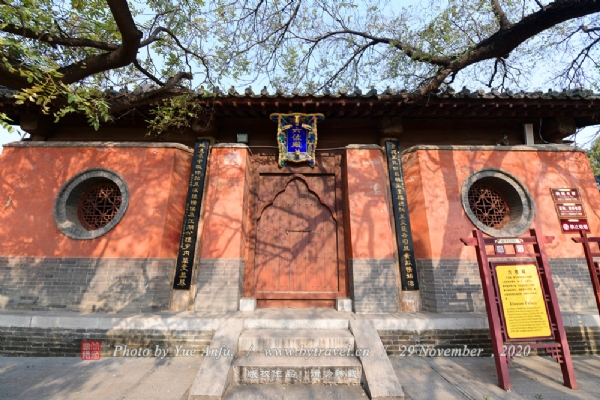
Shijiazhuang Fuxitai Site.
As a designated national key cultural relic protection unit, the Fuxitai Site plays a crucial role in the preservation and promotion of ancient Chinese culture. Ongoing archaeological efforts continue to uncover artifacts and insights that deepen our understanding of this pivotal period in human history. The site serves as a bridge connecting modern society with its ancient origins, allowing visitors to immerse themselves in the rich cultural heritage that has shaped China’s identity over millennia.
Thus, the Shijiazhuang Fuxitai Site stands not only as a remarkable archaeological treasure but also as a vibrant cultural hub, celebrating the enduring legacy of Fuxi and the profound impact of early Chinese civilization on the world today.
Main Highlights: What to See at Shijiazhuang Fuxitai Site
Shijiazhuang’s Fuxitai Site is a captivating blend of history, culture, and natural beauty, making it a must-visit destination for travelers interested in exploring the roots of Chinese civilization. Here are the main highlights of this ancient site:
-
Cultural Significance: Fuxitai, also known as the “Pavilion of Fuxi,” is a revered location tied to Fuxi, a legendary figure in Chinese mythology often regarded as one of the earliest ancestors of the Chinese people. The site is believed to be the birthplace of Fuxi culture, making it a vital landmark for understanding the early development of Chinese civilization.
-
Historical Depth: With over 7,800 years of history, Fuxitai is one of the most important Neolithic sites in China. It is classified as a national key cultural relic protection site, offering visitors a glimpse into the rich tapestry of ancient life. The site includes remnants of ancient structures and artifacts that provide valuable insights into the social and cultural practices of the time.
-
Architectural Marvels: The site features a series of terraced platforms, the tallest of which stands at 9.3 meters. The main buildings are arranged along a central axis, creating a striking visual symmetry. Key structures include the Six Assistants Hall, Dragon Master Hall, and the Sleeping Palace, showcasing traditional architectural styles that have withstood the test of time.
-
Annual Festivals: Fuxitai hosts the Fuxi Cultural Festival each year, attracting thousands of visitors. This vibrant event includes traditional performances, rituals, and exhibitions that celebrate Fuxi’s legacy and promote cultural exchange. Visitors can witness live demonstrations of traditional arts, such as Tai Chi and calligraphy, enhancing their cultural experience.
-
Natural Beauty: The surroundings of Fuxitai are equally enchanting, with lush landscapes that provide a serene backdrop for exploration. The site is part of a larger cultural tourism area, which includes food markets, camping zones, and creative cultural markets, creating a harmonious blend of nature and culture.
-
Educational Opportunities: As a designated educational base, Fuxitai aims to promote patriotism and moral practice among youth. Various programs are organized to educate visitors about the historical and cultural importance of the site, making it an enriching experience for families and students.
-
Accessibility: Conveniently located just 150 meters north of the intersection of Fuxi Avenue and Fuxi Road, Fuxitai is easily accessible for visitors traveling from Shijiazhuang. The site operates from 8:30 AM to 5:30 PM, with a nominal entrance fee, and offers free admission for certain groups, such as minors and seniors.
Visiting Fuxitai is not just a journey into the past; it is an immersive experience that connects visitors with the foundational myths and early history of Chinese civilization, making it a highlight of any trip to Shijiazhuang.
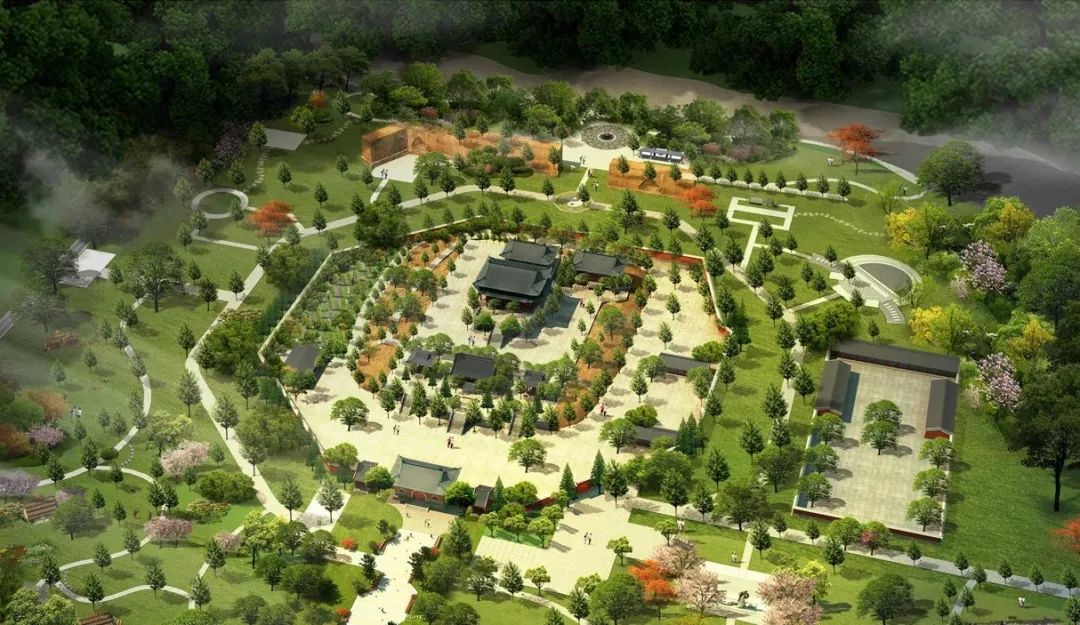
Shijiazhuang Fuxitai Site.
Planning Your Visit: A Practical Guide
Visiting Shijiazhuang Fuxitai Site offers a unique opportunity to delve into ancient Chinese culture and history. To ensure a smooth and enriching experience, here’s a practical guide to help you navigate your visit.
Location and Accessibility
The Fuxitai Site is located approximately 50 kilometers northeast of Shijiazhuang in the Xinle City area. It can be reached via public transportation, including buses and taxis, which are readily available from Shijiazhuang City. If you’re driving, take the G4 highway and follow signs to Xinle.
Opening Hours
The site is open to visitors daily from 8:30 AM to 5:30 PM. It’s advisable to arrive early to avoid crowds, especially during weekends and public holidays.
Admission Fees
Entrance to the Fuxitai Site is generally affordable, with ticket prices starting at around 50 RMB. Discounts are available for students and seniors, while children under 1.3 meters in height can enter for free. Be sure to bring valid identification to take advantage of these offers.
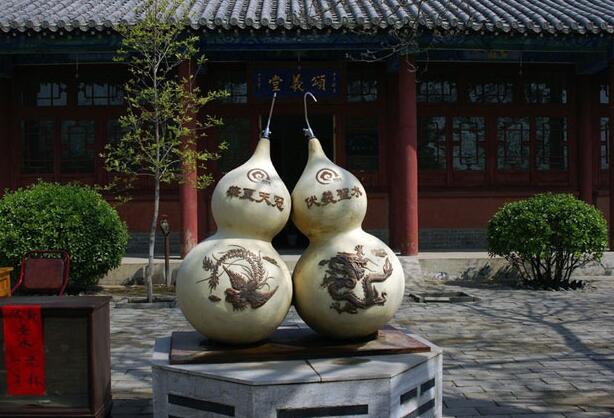
Shijiazhuang Fuxitai Site.
Booking and Reservations
Due to the site’s popularity, especially during cultural festivals, it’s recommended to book your tickets in advance. Reservations can be made through the official website or designated ticketing platforms. On-site ticket purchases are also available, but expect longer wait times during peak seasons.
What to Expect
Fuxitai is not just an archaeological site; it is a cultural hub that features a variety of ancient structures, including the impressive main pavilion and several smaller temples. The site is known for its historical significance as a center of worship for Fuxi, a legendary figure in Chinese mythology. As you explore, pay attention to the well-preserved architecture and the serene landscapes surrounding the site.
Cultural Events
If possible, plan your visit during the annual Fuxi Cultural Festival, which typically occurs in the spring. This event showcases traditional performances, rituals, and workshops that celebrate Fuxi’s contributions to Chinese civilization.
Visitor Facilities
The site offers essential facilities including restrooms and a visitor center where you can find maps and information about guided tours. Food stalls and local eateries are also present nearby, offering a chance to sample regional delicacies.
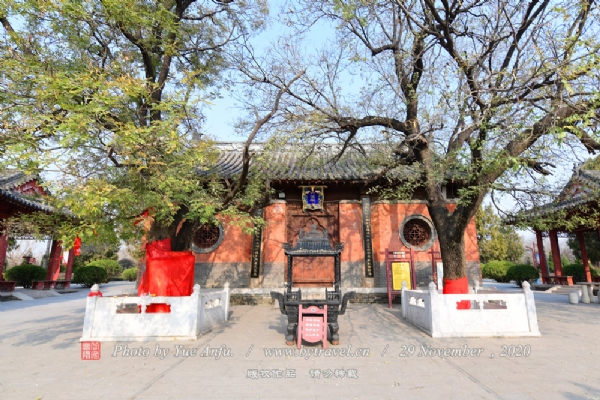
Shijiazhuang Fuxitai Site.
Tips for Visiting
- Wear comfortable shoes: Expect to walk on uneven terrain as you explore the site.
- Stay hydrated: Bring water, especially during the warmer months.
- Photography: Capture the stunning architecture and lush surroundings, but be respectful of any restrictions on photography in sacred areas.
- Respect local customs: When visiting temples and areas of worship, maintain a respectful demeanor and follow any guidelines provided by site staff.
Nearby Attractions
After exploring Fuxitai, consider visiting other nearby attractions such as the Luohe Ancient City and Longxing Temple to enrich your cultural experience further. Xinle City itself is known for its vibrant markets and local cuisine, making it a great place to unwind after your visit.
By following this guide, you’ll be well-prepared to enjoy a memorable experience at the Shijiazhuang Fuxitai Site, immersing yourself in the rich tapestry of Chinese history and culture.
Tickets, Hours, and Booking
Visiting the Shijiazhuang Fuxitai Site (伏羲台遗址) is a rewarding experience for those intrigued by ancient Chinese history and culture. Here’s what you need to know about ticketing for this remarkable site.
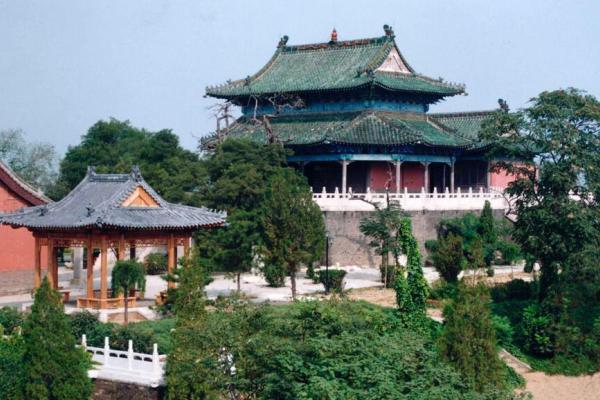
Shijiazhuang Fuxitai Site.
Ticket Prices
The Fuxitai Site offers a range of ticket pricing options to accommodate various visitors:
- General Admission: Regular tickets are priced at 50 CNY per person.
- Discounted Tickets:
- Students: Holders of valid student IDs can purchase tickets at a discounted rate.
- Seniors (60-70 years): Senior citizens with valid identification can enjoy a 50% discount on the entry fee.
- Free Admission: Visitors under 1.3 meters in height, as well as seniors aged 70 and above, can enter for free with appropriate identification.
Visiting Hours
The site is open daily from 8:30 AM to 5:30 PM. It is advisable to arrive early to fully explore the area’s historical wonders.
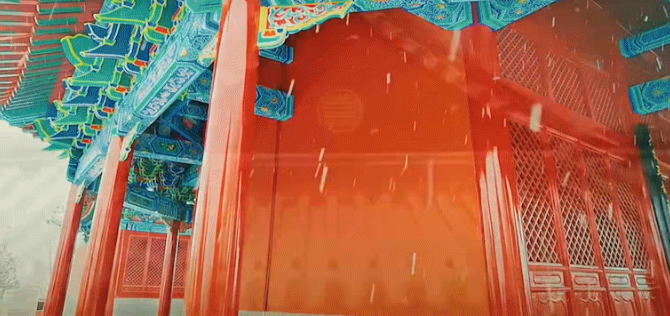
Shijiazhuang Fuxitai Site.
Reservation and Entry Process
To ensure a smooth visit, guests are encouraged to make reservations in advance. Reservations can be made online via the official Fuxitai website or through their WeChat account. The site limits daily admissions to 1,800 visitors, so early booking is highly recommended.
Special Considerations
- Health and Safety: Visitors must present a valid ID, a reservation code, and undergo a health check upon entry. Those exhibiting symptoms or with a temperature exceeding 37.3°C will not be permitted to enter.
- Accessibility: The site is designed to accommodate seniors and those with disabilities. For those over 60, tickets can be purchased directly at the ticket counter without the need for online reservations.
Location
The Fuxitai Site is conveniently located about 150 meters north of the intersection of Fuxi Avenue and Fuxi Road in Xinhua District, Shijiazhuang.
This ancient site, with its rich history and cultural significance, is a must-visit for anyone traveling to the region. Enjoy your journey through the echoes of Chinese civilization!
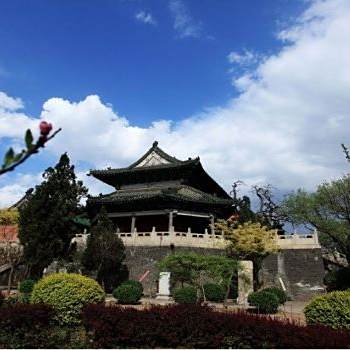
Shijiazhuang Fuxitai Site.
How to Get There
Reaching Shijiazhuang Fuxitai Site (伏羲台遗址) is a journey into the heart of Chinese history and culture, where modern convenience meets ancient heritage. Located approximately 50 kilometers northeast of Shijiazhuang, the capital of Hebei Province, this site is well-connected and accessible through various transportation options, ensuring a smooth visit for all travelers.
By Air
The nearest airport to Fuxitai is Shijiazhuang Zhengding International Airport (SJW), which is about 40 kilometers away from the site. This airport serves both domestic and limited international flights. Once you arrive at the airport, you can opt for the following transportation methods to reach Fuxitai:
- Taxi: Taxis are readily available at the airport. The journey to Fuxitai takes around 50 minutes, depending on traffic, and costs approximately 120-150 CNY.
- Ride-Sharing Services: Apps like Didi Chuxing are also operational in this region, providing a modern alternative to traditional taxis.
By Train
For those coming from other cities in China, taking a train to Shijiazhuang is a convenient option. The Shijiazhuang Railway Station, located in the city center, is well-connected to major cities like Beijing and Tianjin.
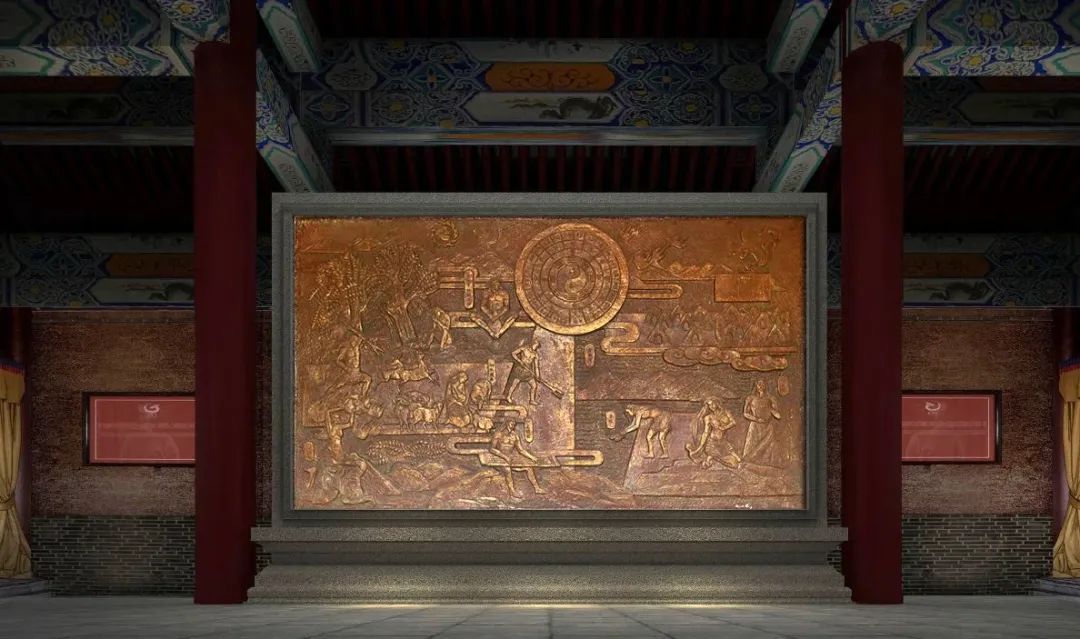
Shijiazhuang Fuxitai Site.
- From Shijiazhuang Railway Station: After arriving, you can take a taxi or use ride-sharing services to reach Fuxitai, which is about a 40-minute drive away.
By Bus
Buses are another feasible option for reaching Fuxitai, especially for budget-conscious travelers. The city’s bus network is extensive:
- Local Buses: You can take bus routes from Shijiazhuang city center to Xinle City (新乐市), where Fuxitai is located. The fare is typically around 10 CNY, but be prepared for a longer travel time of about 1 to 1.5 hours due to stops and local traffic.
- Tourist Buses: During peak tourist seasons, dedicated tourist buses may operate from Shijiazhuang to Fuxitai, providing direct access to the site. Check local tourism websites for schedules and fares.
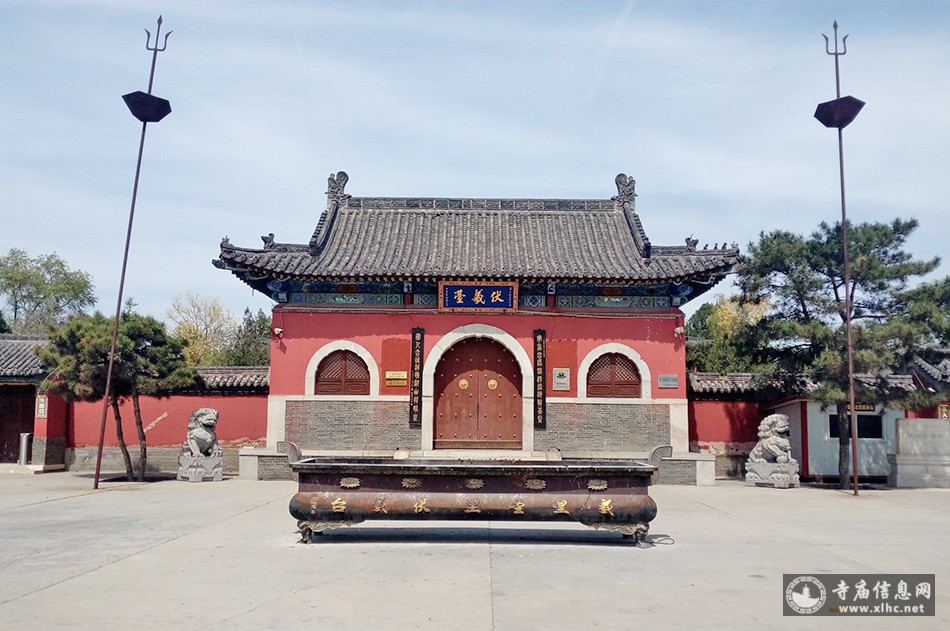
Shijiazhuang Fuxitai Site.
By Car
For visitors who prefer driving, renting a car is a great way to explore the region at your own pace. The routes are generally well-maintained, and GPS navigation is widely available.
- Driving Directions: From Shijiazhuang, take the G4 Beijing-Hong Kong-Macau Expressway, and then follow local roads to reach the Fuxitai area. The drive usually takes about 50 minutes, depending on traffic conditions.
Local Transportation
Once at Fuxitai, the site itself is compact, making it easy to navigate on foot. However, if you wish to explore nearby attractions or local eateries, you can find taxis and ride-sharing services available in the vicinity.
Accessibility
Fuxitai is committed to accommodating visitors with disabilities. The site features accessible pathways and facilities to ensure a comfortable experience for all guests.
Conclusion
Whether you’re arriving by air, train, bus, or car, getting to Shijiazhuang Fuxitai Site is straightforward and convenient. The site not only offers a glimpse into ancient Chinese culture but also ensures that your journey to this historical treasure is as seamless as possible. Don’t forget to check local travel advisories and transportation schedules before your visit to make the most of your experience!
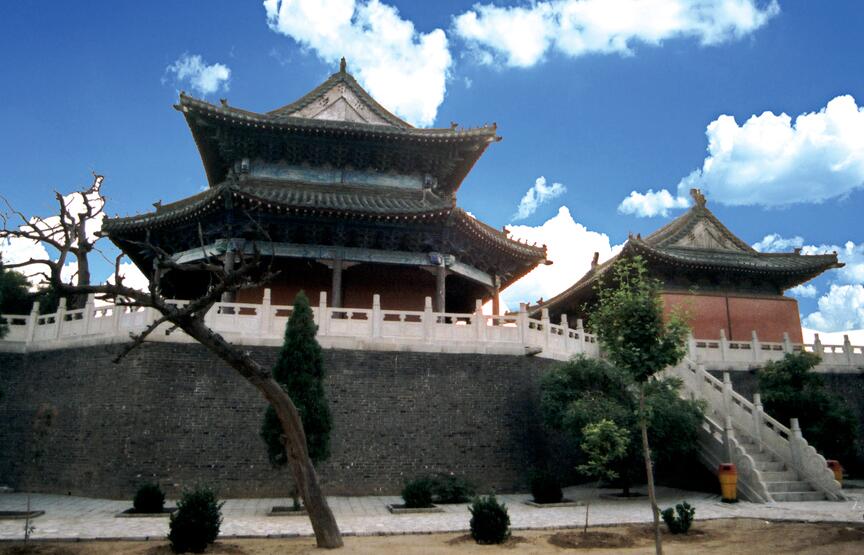
Shijiazhuang Fuxitai Site.
Local Cuisine and Accommodation
When visiting the Shijiazhuang Fuxitai Site, you can enhance your cultural exploration with delightful local cuisine and comfortable accommodations. Here’s a guide to some of the best options nearby.
Culinary Delights
1. Zhaojia Restaurant (赵家餐馆)
This local eatery is renowned for its authentic Northern Chinese dishes. Try their specialty, the hand-pulled noodles, which are freshly made and pair perfectly with a variety of hearty broths. The cozy atmosphere makes it a great spot for families.
2. Haokai Spare Ribs (郝家排骨)
Located about 28 kilometers from Fuxitai, this restaurant is famous for its tender spare ribs, cooked to perfection with a secret blend of spices. Diners rave about the rich flavors and generous portions. Expect to pay around ¥75 per person for a satisfying meal.
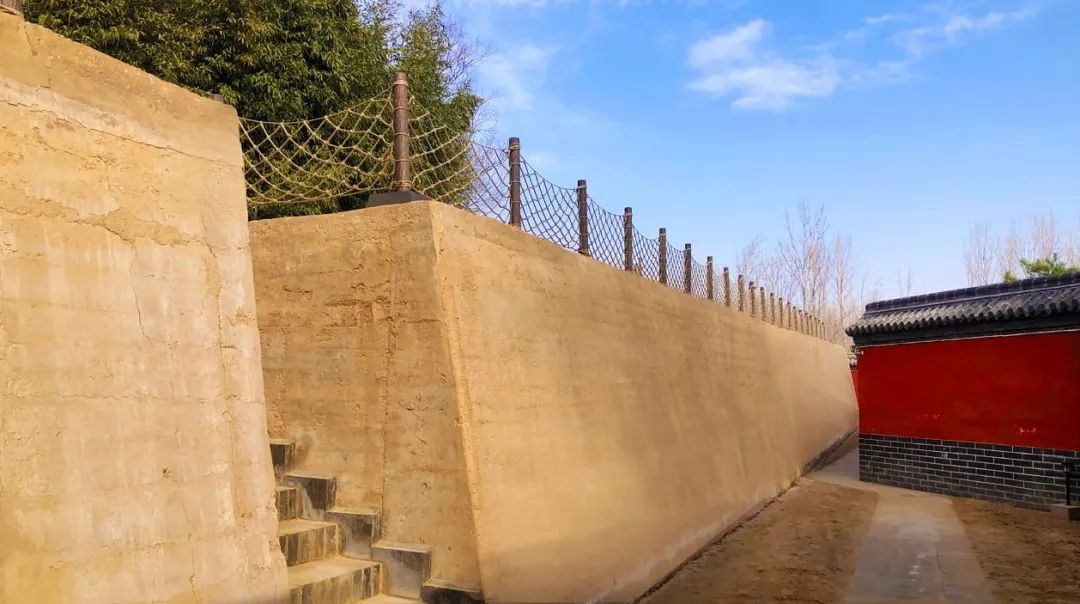
Shijiazhuang Fuxitai Site.
3. Hilton Stone City – Horizon Restaurant (希尔顿石家庄酒店·视界美食餐厅)
For those looking for a more upscale dining experience, the Hilton’s Horizon Restaurant offers a lavish buffet with a variety of international dishes, including a selection of fresh seafood and local delicacies. A meal here averages around ¥186 per person, and the elegant ambiance adds a touch of luxury to your experience.
4. Local Street Food Stalls
For a more casual dining experience, venture into the vibrant street food scene near Fuxitai. Sample local favorites such as Jianbing (Chinese crepes) and Baozi (steamed buns) from street vendors. These quick bites are both delicious and budget-friendly.
Where to Stay
1. Xinle Tianfang Hotel (新乐天方酒店)
This hotel offers comfortable accommodations just a short drive from Fuxitai. With modern amenities and friendly staff, it’s ideal for travelers seeking convenience and comfort. Prices start around ¥300 per night.
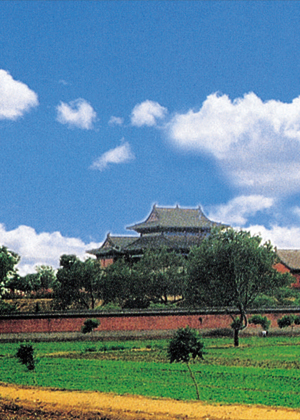
Shijiazhuang Fuxitai Site.
2. Danxia Xinle Hotel (丹霞新乐大酒店)
A more luxurious option, this hotel features well-appointed rooms and a range of facilities, including a fitness center and spa. Guests can enjoy both Western and Chinese cuisine at the on-site restaurant. Rates begin at ¥500 per night.
3. New Le Hotel (新乐宾馆)
If you’re traveling on a budget, the New Le Hotel offers simple yet clean rooms at affordable prices. It’s an excellent choice for backpackers or those looking to explore without breaking the bank. Prices are approximately ¥150 per night.
4. Traditional Guesthouses
For a more immersive experience, consider staying in one of the traditional guesthouses in the area. These charming accommodations often provide home-cooked meals and a glimpse into local life, making your visit to the Fuxitai Site even more enriching.
Combining the rich history of Fuxitai with the local culinary scene and comfortable lodgings creates a well-rounded travel experience that is both educational and enjoyable.
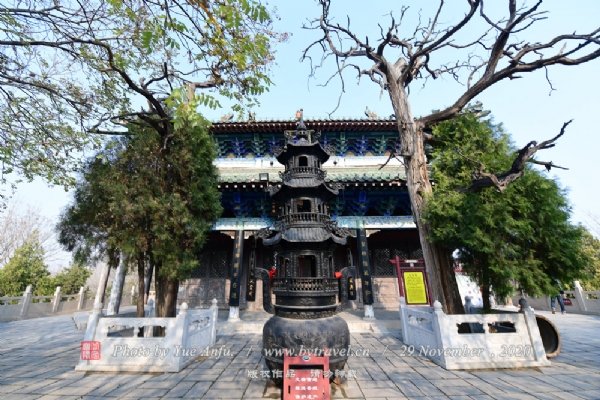
Shijiazhuang Fuxitai Site.
Frequently Asked Questions
Frequently Asked Questions about Shijiazhuang Fuxitai Site
-
What are the opening hours for Fuxitai?
Fuxitai is open daily from 8:30 AM to 5:30 PM. Visitors are encouraged to arrive early to enjoy the site without the crowds. -
Is there an entrance fee?
Yes, the entrance fee is generally around ¥50. However, there are discounts available for seniors, students, and free admission for children under a certain height. Check the official website for the most current pricing and any special promotions. -
How can I get to Fuxitai from Shijiazhuang?
Fuxitai is located approximately 50 kilometers from Shijiazhuang. Visitors can take a taxi, or use public transport options like buses that connect the city to Xinhua District, where Fuxitai is situated. -
Are there any special events or festivals held at Fuxitai?
Yes, Fuxitai hosts an annual Fuxi Culture Festival, typically held in the spring. This event features various cultural performances, traditional rituals, and workshops that celebrate the region’s rich history and heritage. -
What should I wear when visiting Fuxitai?
Comfortable clothing and walking shoes are recommended, as visitors may spend a fair amount of time walking around the site. Depending on the season, consider layers, as temperatures can fluctuate throughout the day. -
Is Fuxitai suitable for children and elderly visitors?
Yes, Fuxitai is designed to accommodate visitors of all ages. The pathways are generally accessible, but some areas may have uneven surfaces. Parents should keep an eye on young children in open areas. -
Can I take photographs at Fuxitai?
Absolutely! Photography is encouraged, so feel free to capture the stunning architecture and scenic views. Just be respectful of other visitors and any designated areas where photography may be restricted. -
Are there facilities available on-site?
Yes, Fuxitai offers basic visitor facilities, including restrooms and a visitor center where you can obtain maps and additional information. There are also food stalls nearby for refreshments after your exploration.
Final Thoughts on Your Trip
Visiting the Shijiazhuang Fuxitai Site is more than just a journey to an ancient relic; it is an invitation to connect with the very roots of Chinese civilization. This historic site, with its rich tapestry of culture spanning over 7,800 years, serves as a testament to the ingenuity and resilience of our ancestors. As you walk through the remnants of the past, the echoes of stories long forgotten resonate in the air, inviting reflection and reverence.
The fusion of history, architecture, and nature at Fuxitai offers an immersive experience that engages the senses. Each corner of the site tells a story—whether through the intricate designs of ancient buildings or the serene landscapes that cradle them. The annual Fuxi Cultural Festival further enriches this experience, allowing visitors to engage with cultural performances and traditional rituals, making history come alive in vibrant color and sound.
As you leave Fuxitai, carry with you not just memories of the past, but a deeper appreciation for the cultural heritage that shapes our identities today. Embrace the spirit of exploration, and let the stories of Fuxitai inspire you to seek out the narratives that define your own journey. In a world that often feels disconnected, Fuxitai stands as a bridge—linking the ancient to the modern, heritage to the future.
